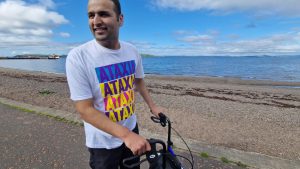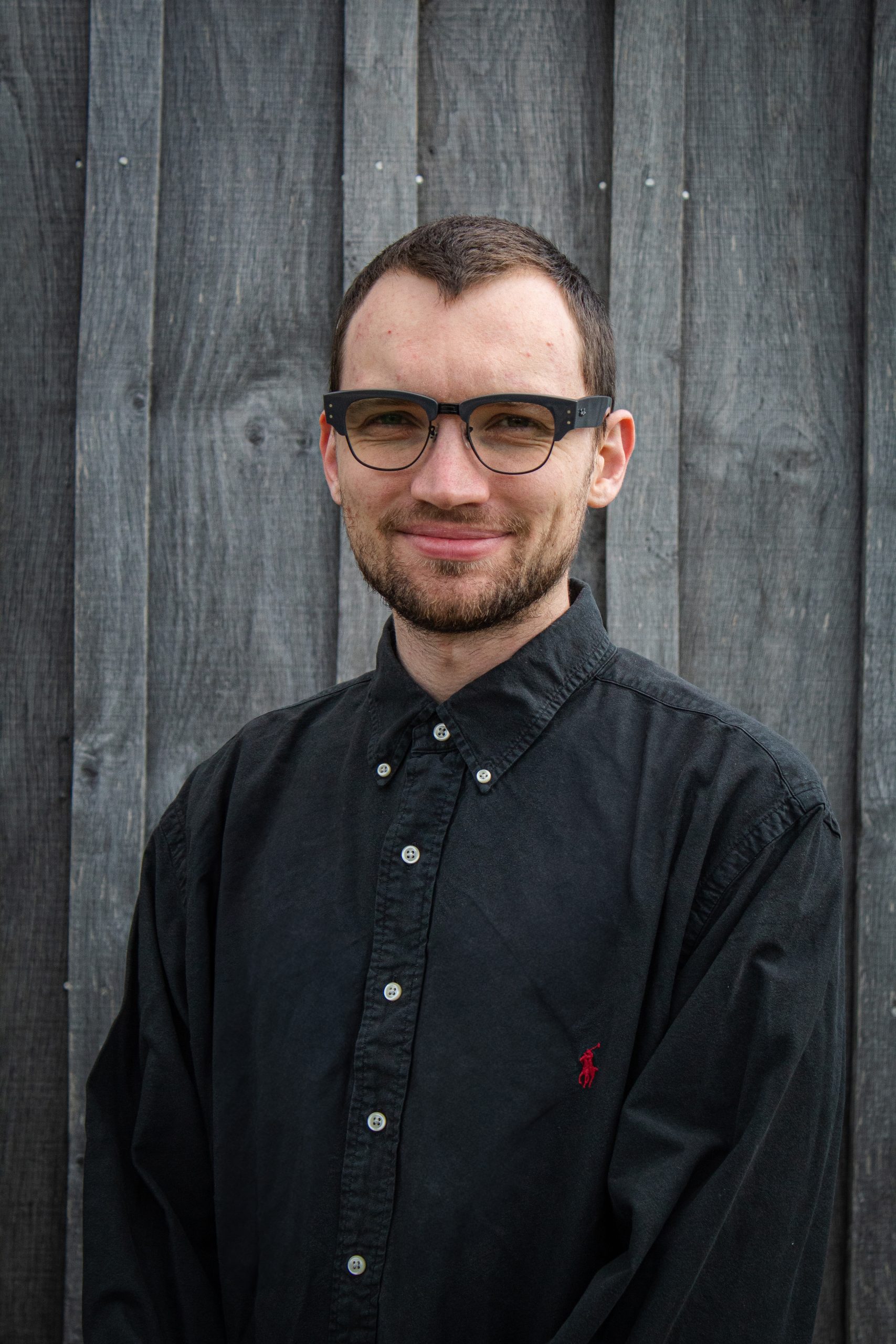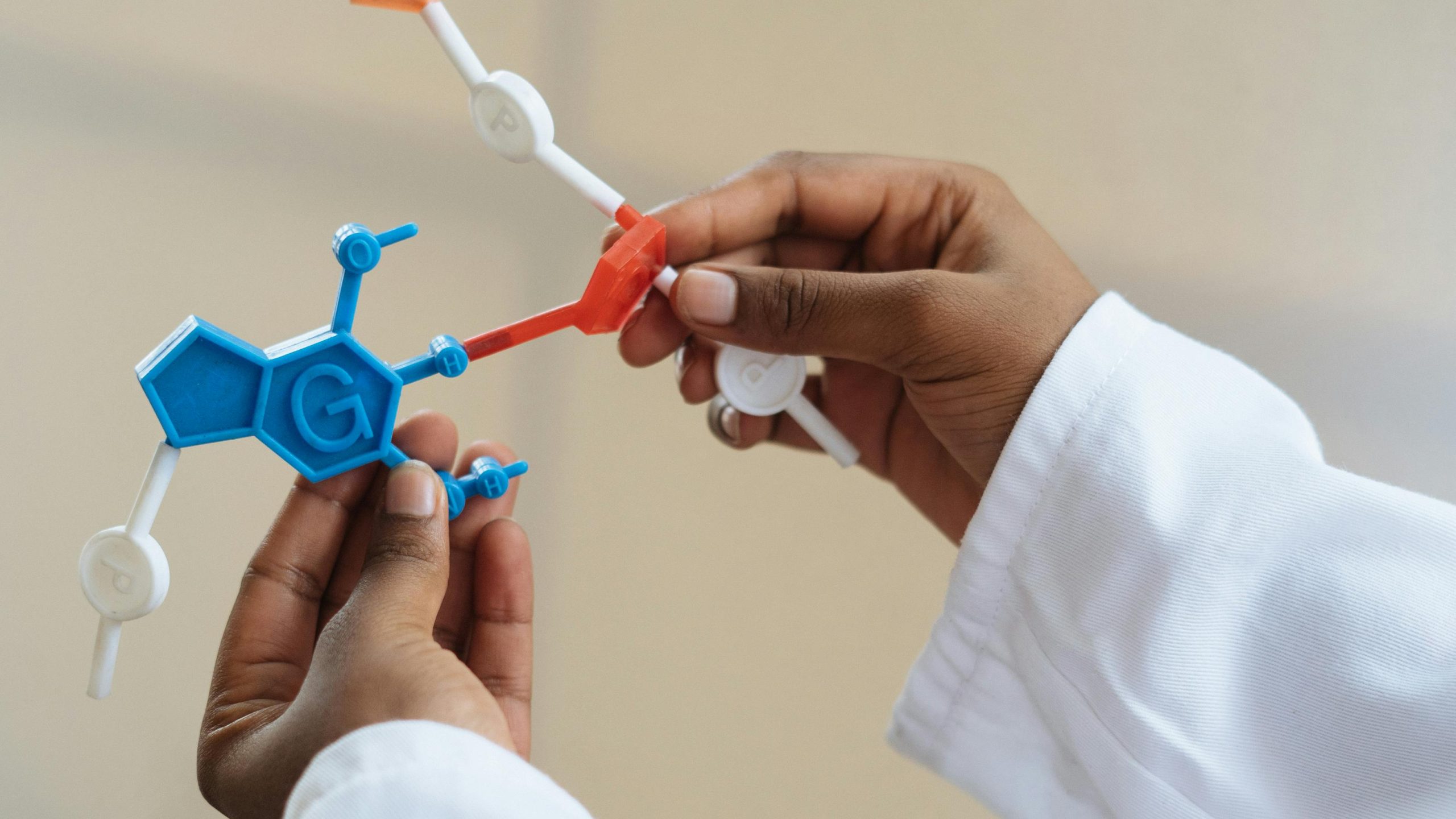There’s lots of ways for you to get involved in the work of Genetic Alliance UK and our member organisation members. Whether it’s through fundraising and giving, volunteering your time, or taking part in research, there’s a way for you to make a massive difference to the lives of everyone affected by a genetic, rare or undiagnosed condition.

Volunteering
Giving us your time, experiences and expertise can come in many different, but equally rewarding forms.
If you or a loved one are affected by a genetic, rare or undiagnosed condition, sharing your story can be very impactful, providing a personal look into what it’s like to live with your condition. You might want to simply share your story online through our website and social media channels, or you may be willing to share it more widely by volunteering as a media case study.
George, who lives with Mast Cell Activation Syndrome (MCAS)I started to research [Mast Cell Activation Syndrome] and found great help from Rare Disease UK, especially reading Karina’s story.
Raising rare awareness in schools
For Rare Disease Day 2024 we launched our new school toolkit, designed for children between the ages of 8-12, created in collaboration with EURORDIS.
The lesson plan aims to raise awareness for people living with disabilities and rare conditions, incorporating various active learning techniques to teach a message of empathy and inclusion towards others. EURORDIS have also produced lesson plans for children and young people aged 5-6, aged 7-8 and aged 12-16.
If you are a teacher, parent, guardian or student who would like to hold a rare awareness event at your school, do let us know by emailing [email protected].
Research and you
The only way that new medicines and therapies can be discovered for different conditions is through rigorous and impactful research. Research happens thanks not only to people in the lab, but equally also because of people with conditions who agree to be part of research.
Taking part in research can mean many different things, with lots of options to suit all individuals. This includes:
- Surveys and focus groups. Often taking place online, this is usually a way to understand the views or experiences of people living with a specific condition
- Clinical trial participation. This might mean taking a possible new medicine or doing a new therapy, so researchers can see what the impact is. Clinical trials must meet very strict and high standards, making them as safe as possible
- Joining a research network. When talking about what to research in a condition area and how to do it, putting people actually affected by the condition at the heart of these discussions is vital. This often takes place through something called patient and public involvement, which asks people to be part of a regular group who meet with researchers to discuss key issues and what to focus research on
If you’re interested in taking part in research, check our A-Z of member organisations to see if a group focused on your condition is registered. They can then direct you to the best next steps. If your condition isn’t listed, then contact us.


